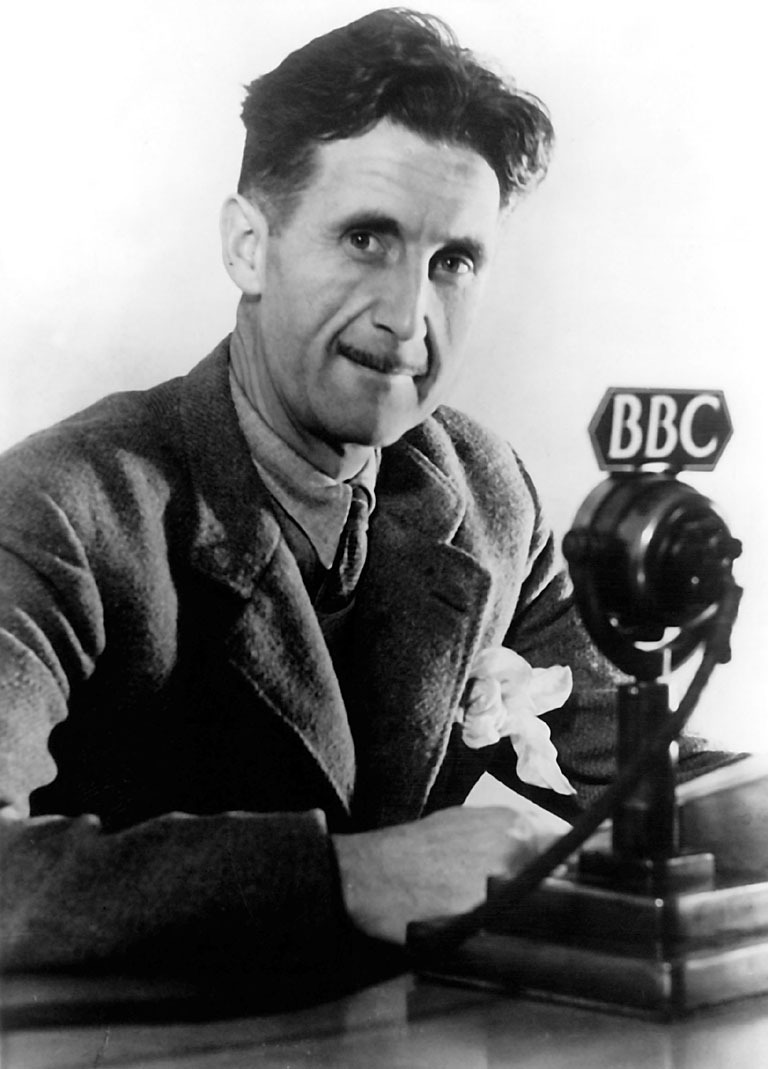This function can be gleaned by reading a passage from George Orwell. In a wartime essay entitled "The Lion and the Unicorn: Socialism and the English Genius" (which can be found in a slim volume of essays entitled
Why I Write). Orwell spoke with some bemusement of the fact that "men who would never dream of committing murder in private life" would have no qualms about killing for his country. The reason for this distinction, he chides, is that, through the ministry of the state, the country "has the power to absolve him from evil".
Of course, this is not the only time that sacramental language has been used to legitimise the powers of the state. Apart from the sacrament of holy matrimony mentioned above, attention was focused on the failed Republican presidential candidate Sarah Palin who, in addressing an audience at the National Rifle Assocation, recommended waterboarding as a "
baptism for terrorists", a remark which drew widespread cheers and limited critique.
This slow trickle of ecclesiastical or sacramental language into state functions should not be surprising. Hegel's 1807 work,
The Phenomenology of Spirit, had already laid the blueprint for the collapse of the Holy Spirit (which is what gives efficacy to the sacraments) into the political community of the State. What would be interesting to see is how the other sacraments (the annointing of the sick, holy orders, confirmation and the Eucharist) get taken up. A seed for further thought on this is Giorgio Agamben's presentation at the Centre for Theology and Philosophy conference in Rome in 2008 (summarised
here by Adam Kotsko), in which the Marxist philosopher very creatively analysed the role of angels as ministers and messengers from God and applied that logic to the logic of state bureaucracy.
